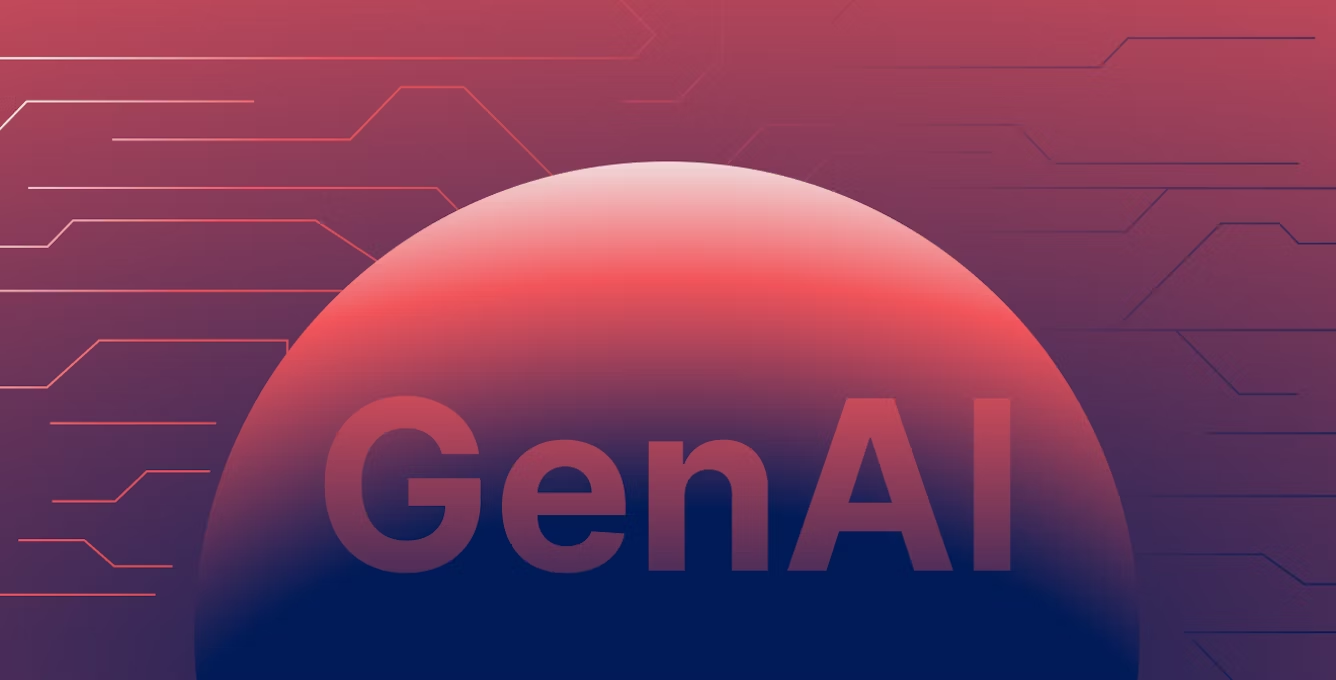The quest to understand intelligence, both our own and that of machines, is a long and fascinating one. From the musings of ancient philosophers on the nature of thought to the groundbreaking advancements in artificial intelligence today, the journey has been marked by curiosity, innovation, and a persistent drive to unravel the mysteries of intellect. Let’s take a look at the parallel and sometimes intertwined evolution of human and artificial intelligence.
The Dawn of Understanding: Human Intelligence Through the Ages
Our understanding of human intelligence has evolved significantly over centuries:
- Ancient Philosophy: Thinkers like Plato and Aristotle pondered the nature of reason, knowledge, and consciousness. They laid the groundwork for philosophical inquiries into the mind and its capabilities. Aristotle’s concept of logic and reasoning, in particular, would later influence the development of symbolic AI.
- The Enlightenment: This era saw a surge in scientific inquiry and a focus on understanding the human mind through observation and reason. Philosophers like Locke and Hume explored ideas of empiricism and associationism, suggesting that knowledge and intelligence arise from sensory experience.
- 19th Century Psychology: The emergence of psychology as a formal discipline brought systematic study to human intelligence. Pioneers like Galton and Binet developed early intelligence tests, attempting to measure and quantify cognitive abilities.
- 20th Century Cognitive Revolution: This period marked a shift towards viewing the mind as an information processor, drawing parallels with the emerging field of computer science. Theories about memory, attention, and problem-solving became central to understanding human intelligence.
The Genesis of Artificial Minds: A Timeline of AI Development
The pursuit of artificial intelligence, while more recent, has its own rich history:
- Early Concepts (Pre-Computer Era): Ideas of artificial beings and automata date back to ancient myths and legends. In the 17th and 18th centuries, inventors created intricate mechanical devices that mimicked animal and human actions, sparking the imagination about creating artificial minds.
- The Birth of AI (Mid-20th Century): The formal field of AI emerged in the 1950s, fueled by the development of digital computers. The Dartmouth Workshop in 1956 is often considered the founding event. Early AI research focused on symbolic reasoning, problem-solving, and natural language processing. Think of early programs that could play checkers or solve logic puzzles.
- The AI Winter(s): Despite initial enthusiasm, early AI faced significant limitations and over-optimistic predictions led to periods of reduced funding and research, known as “AI winters.” Challenges included the difficulty of handling real-world complexity and the limitations of available computing power.
- The Rise of Machine Learning (Late 20th – Early 21st Century): A shift towards machine learning, where systems learn from data rather than being explicitly programmed, brought new momentum. Algorithms like neural networks and statistical methods showed promise in areas like pattern recognition.
- The Deep Learning Revolution (2010s – Present): Advances in computing power and the availability of large datasets led to the breakthrough of deep learning. This has fueled remarkable progress in areas like image recognition, natural language processing, and game playing, bringing AI into the mainstream.
Converging Paths and Diverging Futures?
While the study of human intelligence and the development of AI have largely followed separate paths, there have been increasing intersections. Insights from cognitive science have inspired AI architectures, and AI tools are being used to model and understand human cognition.
Looking ahead, the future of both human and artificial intelligence is ripe with possibilities. Will AI continue to evolve towards more human-like capabilities? How will our understanding of our own intelligence be shaped by our interactions with increasingly sophisticated AI systems? These are the questions that will drive the next chapter in the fascinating journey of intelligence.




Leave a Reply